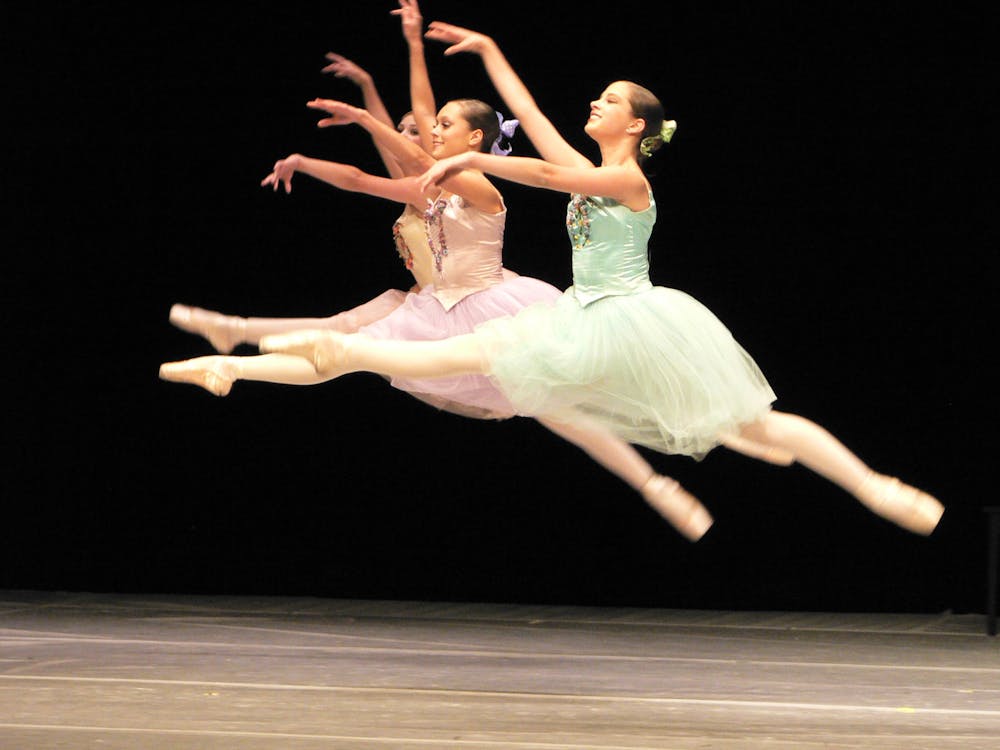By Lacey Okamura
Staff Writer
Dance is most often categorized as a form of art. At its core, dance is about performance and storytelling, a way to express emotions through movement. Dance is elegant, graceful, sharp and smooth. But what many people do not realize is that dance is also an illusion. It is made to look easy – effortless even – when in actuality it requires great amounts of strength, balance and precision. The physicality of dance is what makes it not just an art form, but also a sport.
Just as dance fails to be recognized as a sport, dancers are not recognized as the elite athletes they are. Dancers need coordination and strength in order to execute routines. Muscular strength is what allows dancers to jump higher, turn faster and control their movements. Building this muscle requires spending time in the gym, just like other athletes, on top of hours of rehearsal in the studio. People don’t tend to see the effort that dancers put into their craft behind the scenes. For a short, two-minute routine, it may take days to learn and perfect.
Similar to football and basketball players, dance careers typically don’t last very long. Dance is incredibly physically demanding, and it takes a toll on your body. The older a person is, the harder it may be to maintain the flexibility, strength and stamina that dancers need. On top of aging bodies, dancers have to fight through injuries. A torn ACL could end a dancer's career just as quickly as it would for a track and field athlete.
Every day, dancers push their bodies to the limits to build endurance. Imagine going on a five-minute run, but instead of just sprinting, you were spinning around, jumping up and down, getting on and off the floor, upside down and bending over backwards. You would probably be a lot more tired than if you were to just run normally. This is what dancers train their bodies to do, to withstand minutes of demanding activity while not losing their breath
The underappreciation of dancers as athletes is clear in the minimal support and acknowledgement they receive. Despite competing in national competitions, college dance teams are not recognized by the NCAA or by most universities as part of their athletic programs. They receive little funding and lack the benefits that other student athletes get, such as scholarships, priority registration and meal plans. These inequalities translate beyond school. Professional dancers earn very little and often have to balance multiple jobs in order to stay afloat.
Dance is just as much a sport as it is an art. Dancers spend years and years building strength, perfecting technique and developing their skills. There’s a reason many football players take ballet classes to improve their performance. Dancers are highly trained athletes and should be recognized as such.







